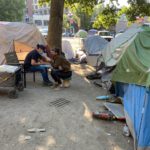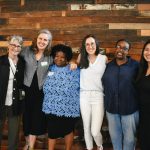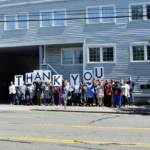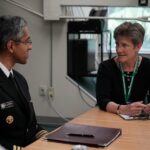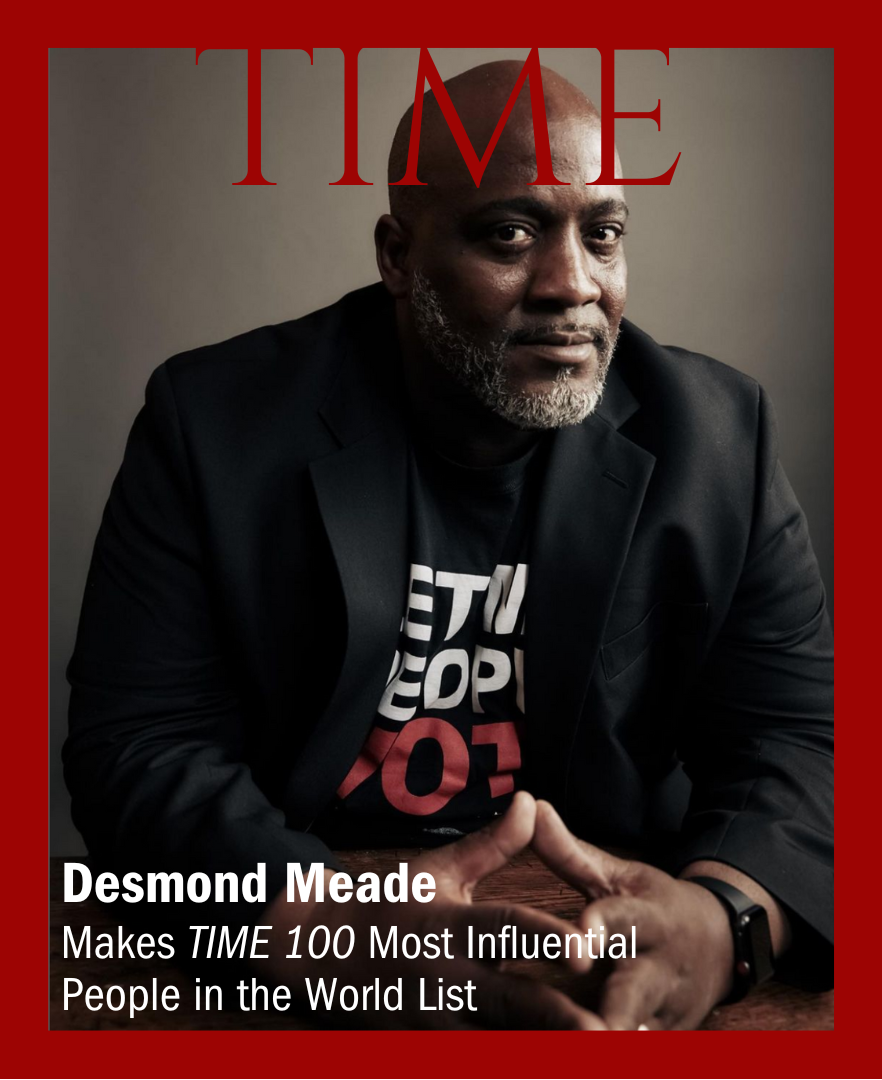
I had been homeless for several years, but that night I did one thing I’d never done before. I slept on a bus bench in front of a heavily trafficked stop where anyone could drive by. Before that night, I would sleep somewhere that let me hide that I was homeless and had a drug problem. But that night, I didn’t care anymore. When I woke up, I thought, “I have nothing left to lose. Let me give treatment a shot.”
I walked into a drug treatment facility and asked to enter their program. They went into action, asking me questions, having me fill out forms, and I started to get a little anxious and a little excited, too. Maybe today my life would change. Then, an employee came back to the intake area and said that I wouldn’t be admitted because my urinalysis said I had cocaine in my system. I was like, “what the hell? I already told you I have a drug problem. If I could stop using for 72 hours, then I probably wouldn’t need this place.” I gave up again in that moment and walked out.
This experience is all too common. People go to a treatment facility feeling hopeful, realizing they need support and are ready to ask for it, only to be turned away by people who are supposedly there to help. Luckily for more than a million re-enfranchised voters in Florida, Desmond Meade did not let this setback stop him.
Desmond Meade is the Executive Director of Florida Rights Restoration Coalition. As its leader, he spearheaded a successful campaign to re-enfranchise 1.4 million returning citizens. His efforts led him to be named one of TIME Magazine’s 100 most influential people in the world and a McArthur “Genius” Fellow. He also received a nomination on behalf of his organization for the Nobel Peace Prize in 2023. To learn more about Desmond’s journey from living on the streets to leading this ground-breaking campaign, pick up his book Let My People Vote.
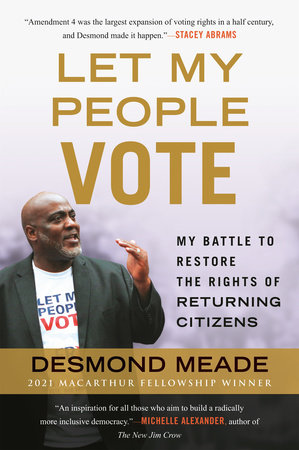
When we asked Desmond what he learned about criminal legal system reform through the process of pushing through these tremendous changes in Florida, Desmond first said with a deadpan look on his face, “buy my book.” After a laugh, he continued, “the narrative that exists around people who are convicted of crimes is that they’re sub-human. We created a system in which it was okay to incarcerate children, to put them in handcuffs. It was okay to place human beings in conditions that most of us would not even tolerate an animal to be in. We make it okay to incarcerate folks who have mental health issues. Prisons became the substitute for mental health hospitals. That’s not okay.”
The criminal-legal system has effectively dehumanized people who have been and are incarcerated. Desmond learned he had the most success changing systems and hearts after leading efforts to humanize people who commit crimes and to get others to value them in the same way as those they know and love—because they are. He feels that this development of empathy played a major role in his campaign to give voting rights back to returning citizens and has the potential to change a lot about all public health and safety systems.
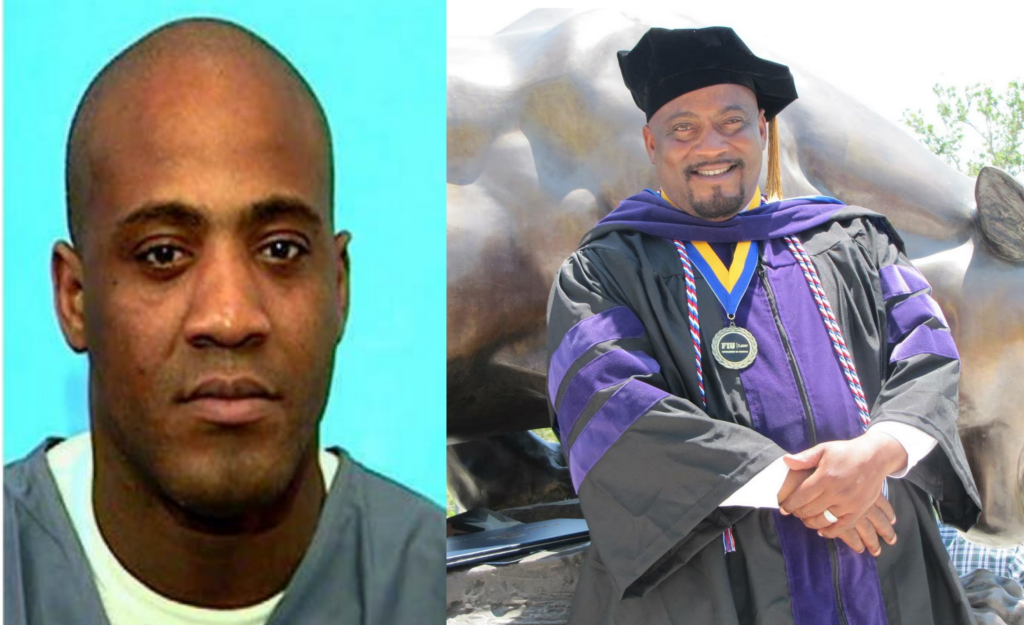
“The ability to empathize gets expanded when people can see themselves or the people they love in those situations,” Desmond said. “What I’ve seen developing is an environment that not only humanizes people who make mistakes, but also understands that those same individuals can also be contributing members of society in a very profound way.” This is definitely true for Desmond’s life.
Desmond is this year’s Roots of Recovery keynote speaker. He said the event’s name and its theme—cultivating care—reminds him of Chinese bamboo. “You plant the Chinese bamboo seed,” Desmond says, “and for years you see nothing. Nothing. And then all of a sudden after a few years, you see sprouts, and then it just shoots up. It grows. I mean, the growth of it is rapid.” He equates this to supporting people with substance use disorders. Many people expect instant results, but that’s not the way recovery works. Relapse, or using again, is part of recovery.
“We often give up on people too soon,” Desmond continues. “Let me tell you, when I went to my last treatment center, it wasn’t my first treatment center. It was maybe my third or fourth. What if people had given up on me?”
The theme also made him think about what it takes to support people like him and others who are unhoused and use drugs. “When I hear the word care, it reinforces that we need folks who are capable and have the strength to love people like me until we learn how to love ourselves. We need people who are willing to not only plant the seed, but also have the patience and the stamina to love that seed and to stay with it until it has the opportunity to realize its potential. I am so grateful for the folks who treated me like a human being and didn’t give up on me.”
We’re grateful for them, too.
We look forward to hearing more from Desmond at our Sixth Annual Event: Roots of Recovery on September 28th. If you haven’t yet purchased tickets, do yourself a favor and do so. You won’t regret it.
